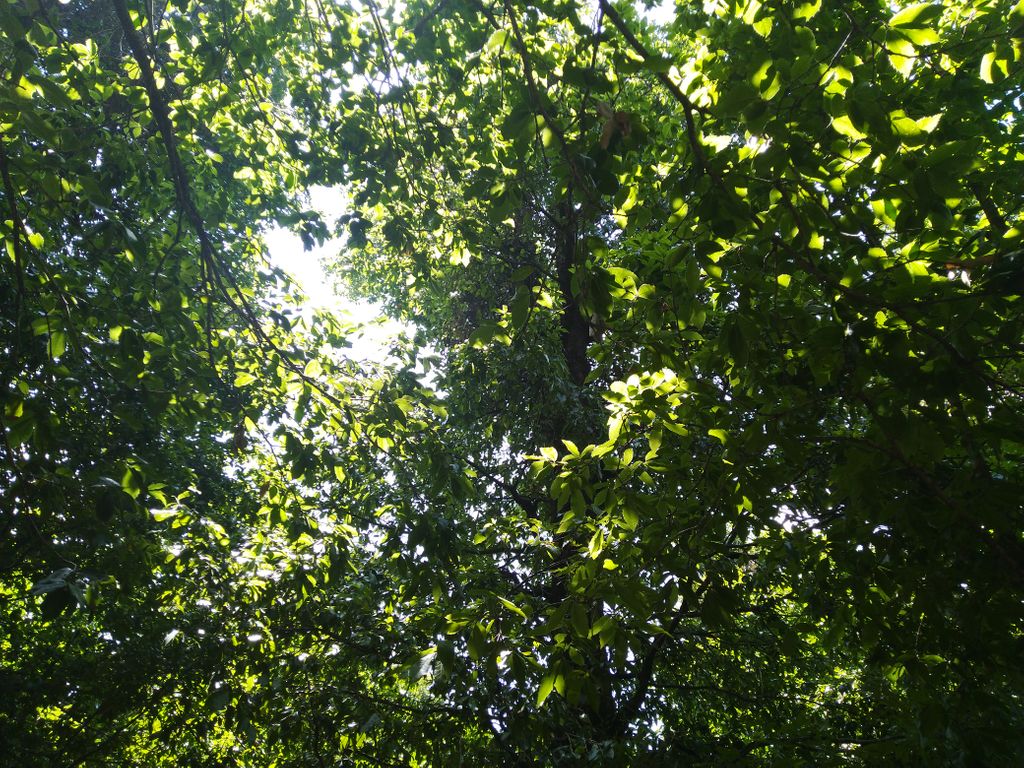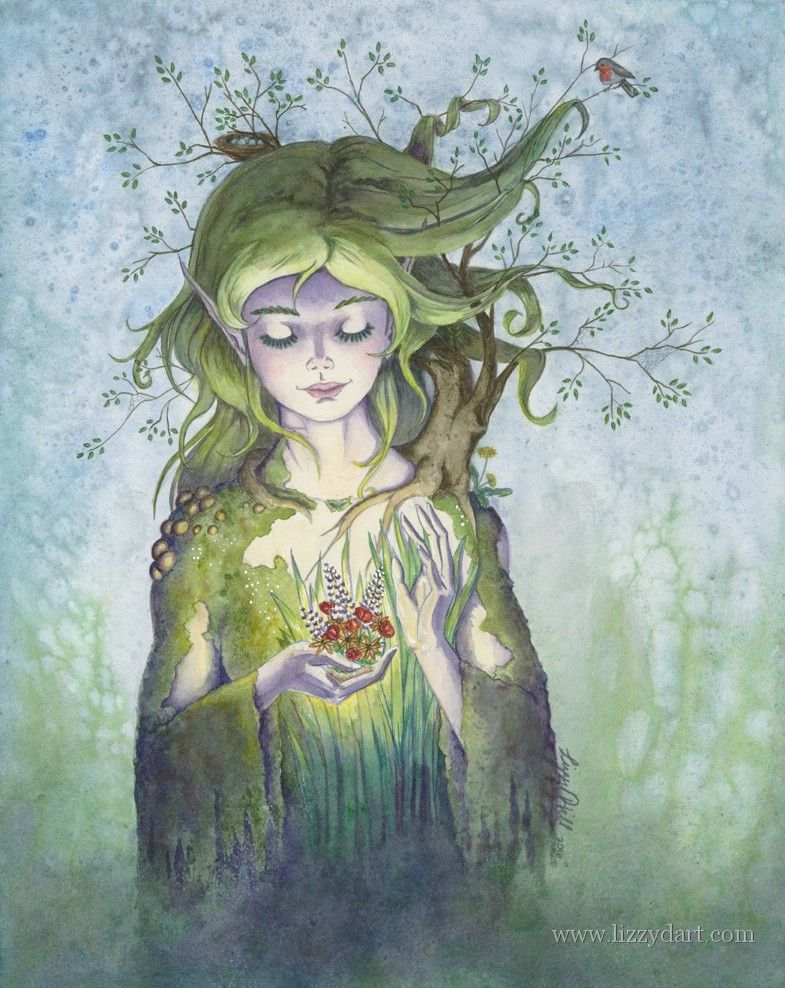The Influence Of Nature On Poetry
Jun 02, 2019 • 139 views

Dusk to Dawn
The last ray of the sun filtered through the tall trees
Hastened to touch the ground, battling branches and leaves
The cuckoo got ready to sing its last symphony
Before the approaching darkness consumed its melody
The water in the lake glimmered, its waves thirsty to drink in more warmth
But Alas! the sun had set and the moon had set forth
To join the stars that tirelessly appeared every night
Surely but silently, twinkling to make the world a little more bright
A gentle wind consoled and bid goodbye to the wilting flowers
And caressed the tiny buds waiting patiently in the small hours…
The moonlight filtered through the tall trees
Waking up with it the sleeping breeze
A white owl glided in the dark like an angel
While the birds twittered to their young ones, “Wake up!”
The sway of the earth made the twinkling stars frown
At last, it was time for them to go down
A stroke of pink and blue splashed over the sky
A little ball of orange peeked over the horizon, suddenly shy
Like every new day, the big tower clock played its rhyme
And finally, nature woke up, dancing with the winds of time.
We call Nature our mother, because it is She who teaches us how to live in the first place. She cares for us, enlightens us, tests us, and always offers us comfort and shelter.

No doubt humans across generations have been inspired by her, especially those like the scientists, the artists, the poets…in fact, every soul has been touched in one way or another at some point or the other, by Nature’s beauty, her love, or her punishments, if they have not treated her right!
But Nature hasn’t always been the primary subject for the creations of humans—in fact, poetry exclusively based on and inspired by Nature, in English, wasn’t seen before 1798, the year considered to be that of the beginning of the Romantic Age.
Romanticism, in this context, refers to the artistic and literary movement in Europe around the 1800s where one of the main motifs was the celebration of Nature—the romance of human beings with Nature. In 1798, William Wordsworth and Samuel Taylor Coleridge published their collective book of poems on Nature, called the Lyrical Ballads.
This book defined not only the beauty of Nature in a subjective manner, but also opened up avenues for its interpretation in different ways. A number of figures of speech were utilized as the poets analysed each and every aspect of their god gifted-surroundings—even the supernatural, for that matter. If you are/were a CBSE student, you might remember the Rime of the Ancient Mariner, a good example of Romantic poetry.
The second edition of Lyrical Ballads in 1800, in its Preface, carried the famous definition of poetry according to Wordsworth:
"Poetry is the spontaneous overflow of powerful feelings: it takes its origin from emotion recollected in tranquillity."
Now that is a definition full of complex words! Let’s make it easy and understand the four stages of composition of poetry that the poet suggests, which leads him to provide such a definition:
1. Observation
We do observe some strange things in our day to day lives, and also sometimes if we look closely enough, we find some deep meaning in a seemingly normal event or object. Such minute observations and analysis form the root of poetry.
2. Recollection (“in tranquillity”)
At times, a certain incident reminds us of a past experience. Other times, while we are sitting quietly lost in deep thought, we stumble upon an unexplored part of a brain-a memory that might have been stored in the subconscious but which now reveals itself. Such reminiscing gives us the base for our creative piece.
3. Filtering
If one aims to write a poem that’s intended to be read by anyone, then sometimes some filtering is required, but also poets tend to layer their memories with exaggeration or their own imagination, which adds spark to it.
4. Composition
The final step is to pen it down, adorning it with metaphors, similes, or any other suitable figure of speech that enhances the beauty of the poem and makes it interesting to read.
An example is Wordsworth’s The Solitary Reaper (another one from our school curriculum!).
That’s it! So, do you feel you’re ready to write a poem or two now? Nature would be an easy topic to begin with, I guess. If you do, don’t forget to share it with me!
Image credit: pngtree.com
